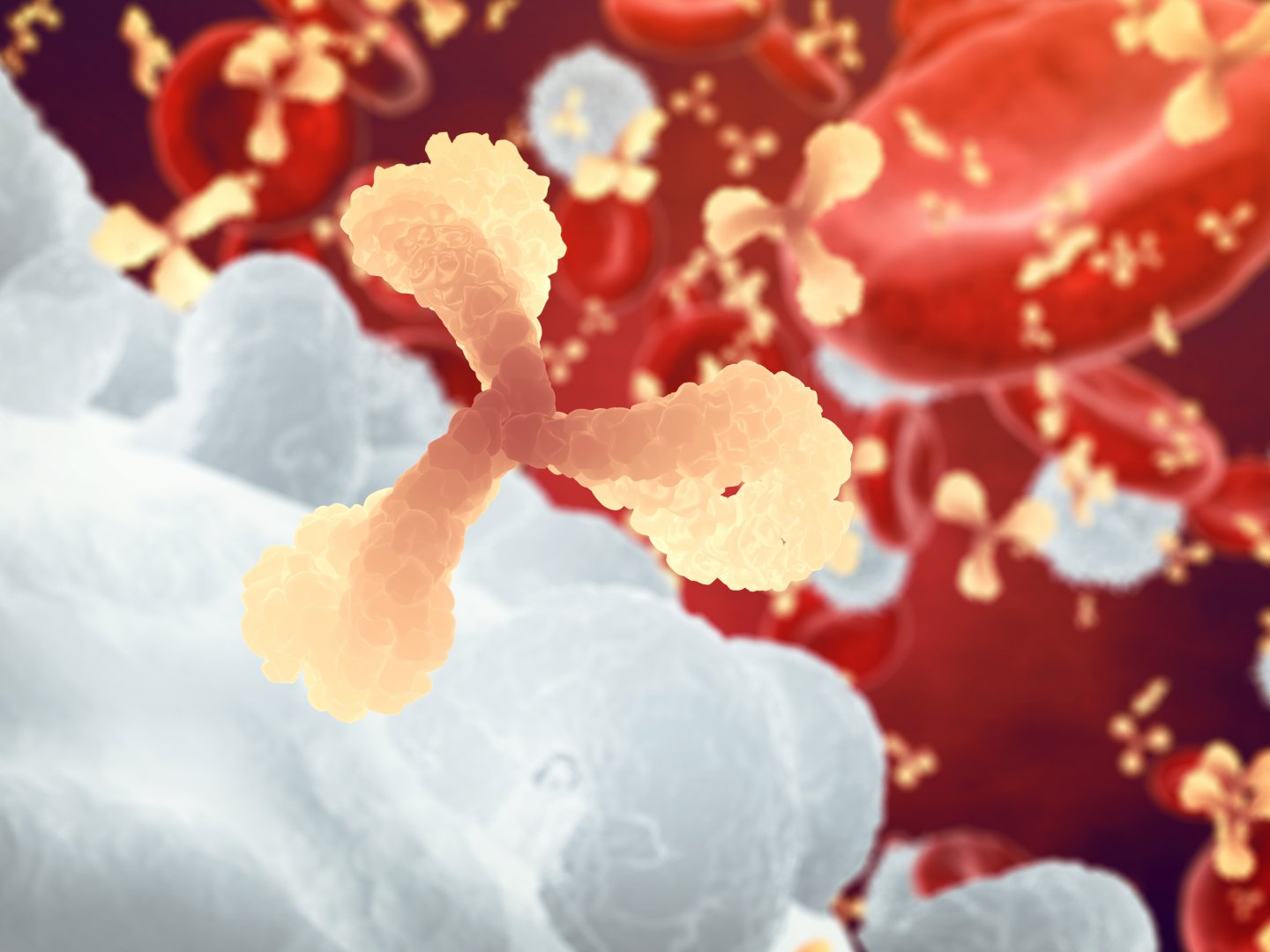Robert Rickert, PhD, professor at SBP, and his team have recently published discoveries in The Journal of Immunology that may open a new avenue of treatment for B cell lymphomas. Their experiments showed that B cells make a protease called MALT1 so that they can mature into antibody-producing cells that eliminate infections, a process known as the germinal center reaction. MALT1 helps inactivate a subset of pro-apoptotic proteins, thus supporting the survival of B cells and the development of immune responses, an essential part of the process of detecting and eliminating germs.
However, in many B cell lymphomas, regulation of MALT1 is lost, and the protein instead continuously promotes survival of B cells. This occurs in the absence of infection, leading to an unhealthy accumulation of cells that fail to die and can instead accumulate cancerous mutations.
“Our study provides insight into why overexpression of MALT1 would promote lymphoma by extending B cell lifespan,” explains Rickert.
Importantly, Rickert’s group also showed that eliminating MALT1 from B cells in mice overrode survival signals, leading to the death of B cells. This result explains why other groups have found success in in vitro studies using drugs that prevent MALT1 activity to kill B cell lymphoma cells. Adding Rickert’s new observations with these earlier discoveries explains how preventing MALT1 activity in lymphoma cells could work as a treatment for patients whose tumor cells overproduce MALT1.
However, the lack of MALT1 in B cells can also be detrimental to health, preventing the body from developing a sufficiently strong immune response to eliminate infections. The new research could help doctors better understand why patients lacking functional MALT1 have trouble recovering from infections.
“It is now clear why patients that lack MALT1 function may be diagnosed with combined immunodeficiency (CID) and suffer from severe recurrent infections despite having normal numbers of B (and T) lymphocytes, since they are functionally impaired and thus do not produce antibody,” adds Rickert.
While these studies highlight a new understanding of how MALT1 in B cells could be exploited to treat patients with either cancer or immunodeficiency disorders, they also highlight the importance of balancing context and consequences in targeting MALT1.
The paper is available online here.
